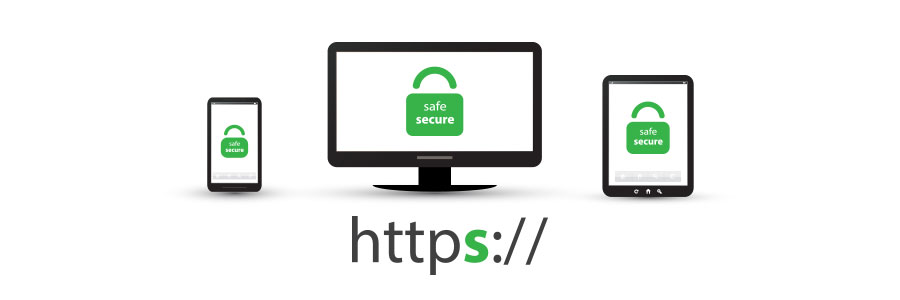Constantly using passwords on a smartphone can be a pain, not to mention a high security risk. Luckily, popular mobile browsers like Chrome and Firefox Lite are now supporting biometrics for authentication to make logging in to social media, email, and online shopping accounts easier and more secure.
Mobile phone biometrics enhances security
Understanding HTTPS

Are you an avid online shopper? Have you noticed if each payment page has HTTPS in its URL lead-up? If you’re not absolutely sure, you might be a prime target for identity theft. Here's why you should make sure that the websites you browse for shopping have a little padlock icon on them in the URL bar.
Invaluable tips for online safety

Let’s be honest, surfing the net in the comfort of your home or with the privacy of a small screen feels safe. However, certain sites could be snooping on your online activity by placing digital trackers called “cookies” on your devices. Here’s what happens to your personal details whenever you go online.
Autocomplete password risks
Biometrics Authentication for Mobile Devices
What private browsing can and can’t do

As you surf the web, it’s nearly impossible to keep your internet activity completely private. Certain websites collect personal information for marketing purposes and your browser keeps track of all the websites you visit. But that browsing information can also fall into the wrong hands, which is why you should consider using private browsing if you want to keep your online activities to yourself.
Safe web browsing requires HTTPS

How many times this month have you paid for something online using your credit card? Was each payment page secured by HTTPS? If you’re not 100% certain, you’re a prime target for identity theft. The padlock icon in your web browser’s address bar is immensely important and it requires your attention.
Enlist IT help when installing CPU updates
Critical browser vulnerabilities discovered

According to security researchers, a bulk of the world’s computer processors have gaping flaws. The flaws, grouped under the term ‘Spectre,’ affect many critical systems including web browsers like Chrome, Safari, Microsoft Edge, and Firefox. Here’s a quick rundown of these major vulnerabilities and what you can do to secure them.
Beware of what you save in web browsers

Passwords are a double-edged sword. If you make them too simple, they’ll be easy to guess; if you make them too complex, they’ll be impossible to remember. One solution is to create an uncrackable password and save it to your browser. Unfortunately, recent research suggests that tactic could drastically reduce your privacy.




